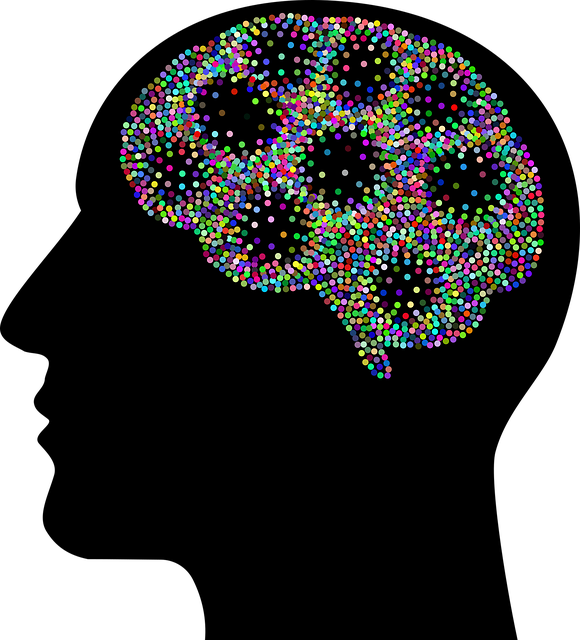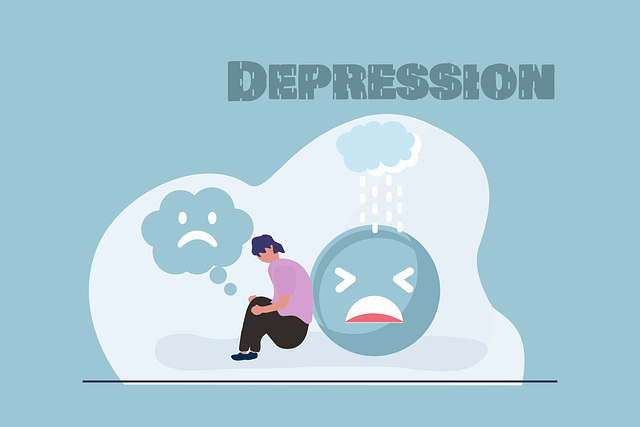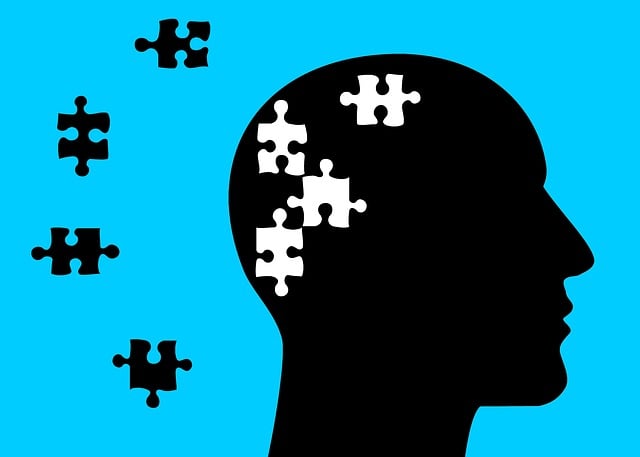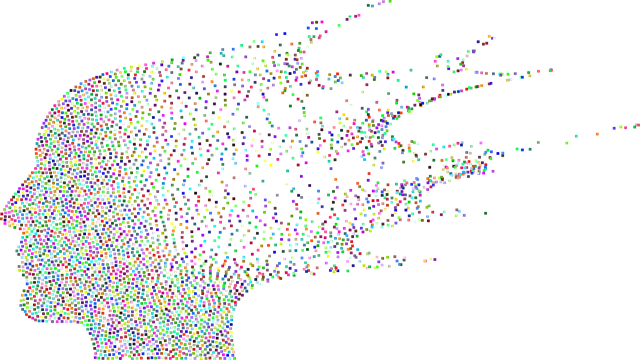In an unpredictable world, Lafayette Biofeedback Therapy offers a unique and powerful crisis intervention approach. By combining mindfulness, emotional regulation techniques, and biofeedback, they empower individuals to gain self-awareness and control over physiological responses during distressing situations. This holistic method reduces anxiety, enhances mental wellness, and builds resilience, making it an innovative tool in trauma support services. Additionally, compassion cultivation practices and stigma reduction efforts are crucial for creating safer environments and normalizing mental health conversations.
In today’s fast-paced and often unpredictable world, crisis intervention strategies are more vital than ever. This article explores the crucial role of Lafayette Biofeedback Therapy in modern crisis support, offering a necessary skillset for professionals navigating turbulent times. We delve into the significance of understanding crisis intervention, providing practical strategies for effective interventions, and highlight how Lafayette Biofeedback Therapy revolutionizes mental health support during crises.
- Understanding Crisis Intervention: A Necessary Skillset for Modern Times
- The Role of Lafayette Biofeedback Therapy in Crisis Support
- Practical Strategies: Implementing Effective Interventions
Understanding Crisis Intervention: A Necessary Skillset for Modern Times

In today’s fast-paced and often unpredictable world, crisis intervention strategies have become an indispensable skillset for professionals across various fields. From healthcare workers to educators and human resources specialists, the ability to guide individuals through moments of extreme stress or trauma is more crucial than ever. Crisis intervention involves providing immediate, targeted support to help someone cope with a traumatic event or emotional distress, preventing further deterioration and promoting recovery. At Lafayette Biofeedback Therapy, we recognize that these skills are not just nice-to-have but essential for fostering resilient communities.
By integrating practices like mindfulness meditation and emotional regulation techniques, crisis intervention can be tailored to meet the unique needs of each individual. Emotional intelligence plays a pivotal role in effective crisis interventions, enabling professionals to understand and respond sensitively to the emotions of those in distress. Whether it’s helping someone regain a sense of calm through deep breathing exercises or offering a safe space for them to express their feelings, these strategies empower individuals to navigate challenging situations with greater ease and resilience.
The Role of Lafayette Biofeedback Therapy in Crisis Support

In moments of crisis, Lafayette Biofeedback Therapy offers a unique and powerful approach to support individuals in managing their emotional well-being. This therapeutic method focuses on empowering clients to gain self-awareness through various exercises that teach them to recognize and control their physiological responses. By enabling individuals to understand their body’s reactions during stressful situations, biofeedback becomes a valuable tool for building resilience.
The process involves guiding participants to perform specific self-awareness exercises, allowing them to monitor and modulate bodily functions like heart rate, muscle tension, and breathing. Over time, this practice fosters mental wellness by providing individuals with coping mechanisms to navigate challenging circumstances more effectively. Lafayette Biofeedback Therapy’s ability to enhance self-regulation can be a game-changer in crisis intervention strategies, offering a holistic approach to support emotional health and resilience building.
Practical Strategies: Implementing Effective Interventions

In the realm of crisis intervention, practical strategies are paramount to effectively supporting individuals in distress. One innovative approach gaining traction is Lafayette Biofeedback Therapy, which leverages the power of mindfulness and relaxation techniques. By teaching clients how to regulate their physiological responses, this therapy empowers them to manage crises more calmly and proactively. For instance, biofeedback training can help reduce anxiety, a common trigger for many crises, through real-time feedback on heart rate, muscle tension, and other vital signs.
Complementing Lafayette Biofeedback Therapy, Compassion Cultivation Practices have shown significant promise in fostering empathy and understanding among both helpers and those in need. Trauma Support Services that incorporate these practices can create safer, more supportive environments, reducing the risk of retraumatization. Moreover, Mental Illness Stigma Reduction Efforts play a crucial role in encouraging open conversations about mental health challenges, thereby normalizing experiences and promoting earlier intervention—a key factor in effective crisis management.
In today’s fast-paced and often stressful world, crisis intervention strategies are more crucial than ever. The article has explored the importance of developing a robust skill set in crisis intervention, particularly highlighting the role of Lafayette Biofeedback Therapy as a revolutionary approach to support individuals during traumatic events. By combining scientific methods like biofeedback with empathetic guidance, practitioners can effectively navigate complex situations and foster healing. Practical strategies outlined here provide a solid framework for professionals to make a tangible difference in people’s lives, ensuring that crisis intervention is not just a skill but a powerful tool for enhancing mental well-being.











